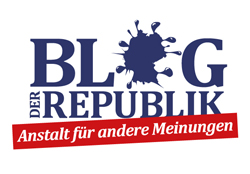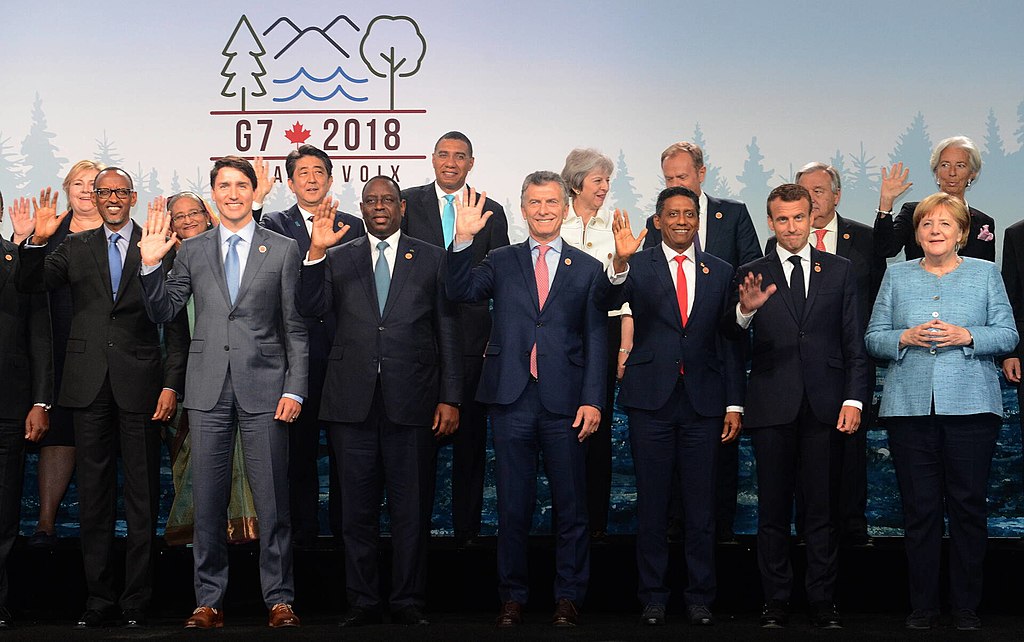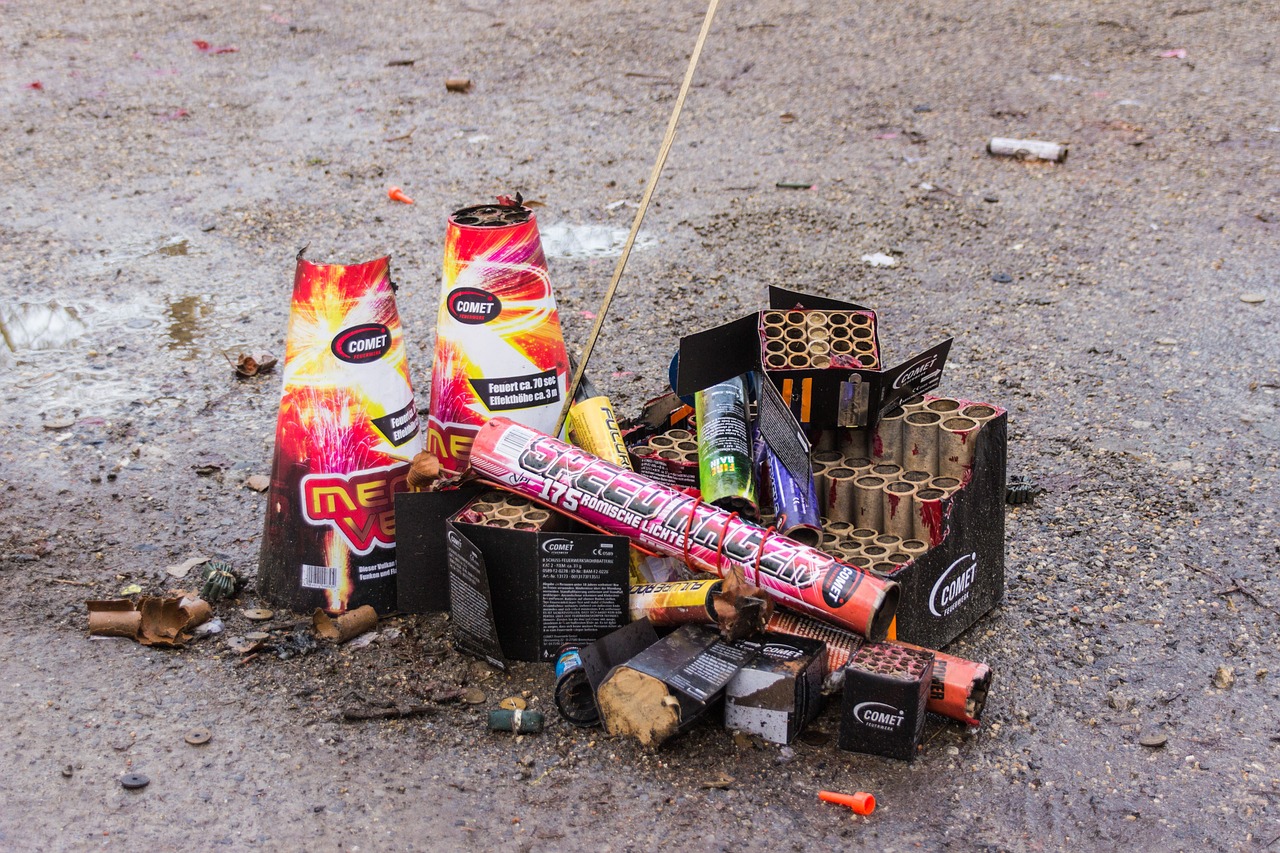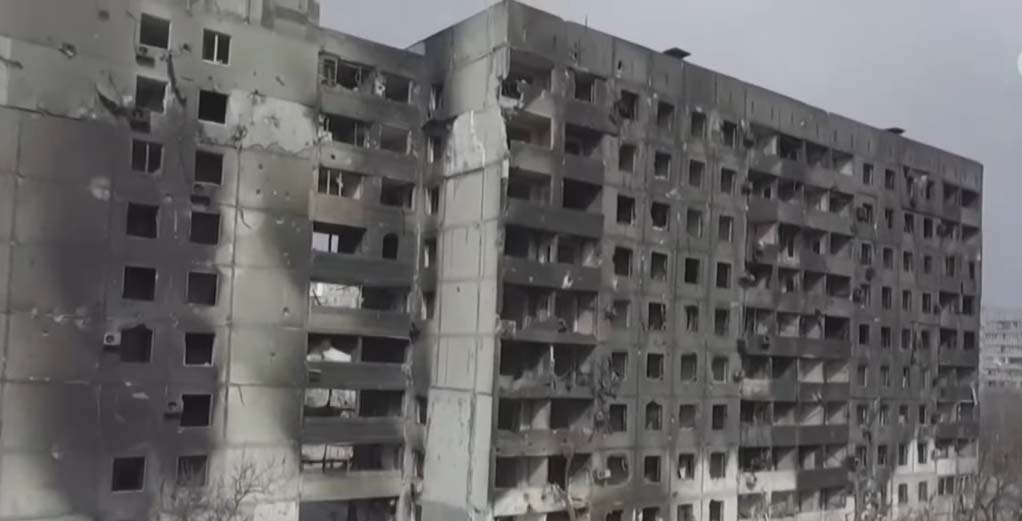Germany has a proud and well-deserved international reputation for humanitarian compassion. It has established well-codified moral values that it works hard to adhere to and which it encourages others to meet through its own example.
In short, Germany is a nation that upholds the values and principles that help maintain global order and peace, through liberal democracy, the rule of law, freedoms of speech and the upholding of the International Declaration of Human Rights.
The same cannot be said for Rwanda.
This Central East African nation, once held in high regard by the international community as a shining beacon of hope, has sunk to levels of depraved dictatorship that are now attracting intense scrutiny and increasing condemnation from legal, human rights, diplomatic and political bodies around the world.
There has been a pattern of extra-judicial and extra-national killings of political critics by figures in the Rwandan Government for many years. There is no free press. There is no transparency of democracy. The independence of the judiciary is questionable to say the least. Allegations of sustained regional destabilisation, through Rwanda’s precious metal and mineral acquisition in neighbouring states – many of which were detailed in Michela Wrong’s recent book Do Not Disturb, anexcoriating analysis of Rwanda’s fall from grace – grow ever louder.
Rwanda has become a desperate nation in deep crisis, whose President, Paul Kagame, has become a strongman dictator of the very worst kind, consistently suppressing criticism or dissent, imprisoning, “disappearing” and yes, even murdering, opponents with apparent alacrity. In 2015, Rwanda’s constitution was even amended to allow President Kagame to rule until 2034, meaning he will spend 34 years in office. That he is consistently elected with between 98 and 99 per cent of the vote, raises questioning eyebrows in many governments.
But Rwanda is a small nation, a long way away, one that we have very little to do with and that few of us will ever visit. Why should we in Europe, in Germany, care?
It’s a good question and one that deserves a clear answer. Let us take just one single case that illustrates the wider risks and provides the answer.
In late August 2020, Mr Paul Rusesabagina, a world recognised humanitarian and indeed, holder of the USA’s Presidential Medal of Freedom, was abducted while transiting through Dubai on his way to speaking engagements in Burundi. He was bundled onto a private jet, drugged, bound and blindfolded, and flown to Kigali, Rwanda where he knew that his life was at risk.
Mr Rusesabagina had touched the hearts of the world with his extraordinary bravery during the Rwandan genocide in 1994, bravery and courage that saved the lives of 1268 people who would otherwise have been lost to the horror of that atrocity.
His story had been first told in Philip Gourevitch’s 1998 book We Wish to Inform You That Tomorrow We Will Be Killed With Our Families and reached yet wider audiences through the 2004 film Hotel Rwanda. Mr Rusesabagina, who in 1996 had fled with his family to Belgium, where he and they became Belgian citizens, used his new platform to lecture on humanitarian issues around the world, receiving many accolades and awards along the way.
But his work, especially that which levelled criticism at the human rights record of Rwandan President Kagame, who revelled in his reputation as the saviour of the nation, brought him into conflict with the increasingly dictatorial President, who had embarked on a sustained policy of silencing any dissent.
On arrival in Kigali, Rusesabagina disappeared for four days before being paraded in front of the waiting press by the Rwandan authorities and publicly accused of various charges of terrorist related activities. It is now known that he was being held in a facility he called ‘the slaughterhouse’ where he recalled hearing appalling screams of terror that could be heard day and night, only to be followed by even more horrifying silences. His forced appearance in pink prison uniform on television was witnessed with horror, by the world and by his family.
In the intervening 16 months Rusesabagina has been held captive, unable to appoint legal representation of his own choosing, denied access to the medication needed to regulate a long term heart condition or indeed necessary screenings as a cancer patient in remission, and he has spent so long in solitary confinement (257 days) that his treatment constitutes torture under the internationally accepted UN Nelson Mandela rules on the treatment of detainees.
He was forced to defend himself in a show trial that presented no credible evidence to support the charges that he faced. His co-accused, and there were many, bore witness to torture and coercion having taken place and yet they confirmed Rusesabagina’s innocence. Supposed ‘witnesses’ for the prosecution forgot their pre-scripted lines and had to be led by the judges. The President himself even declared Rusesabagina guilty before the trail had got underway. Yet, notwithstanding the very many transgressions of internationally accepted due legal process, and despite his innocence of any crimes, Rusesabagina was found guilty and sentenced to 25 years in prison.
So far, so awful.
His family mobilised international support for their father’s plight. The international legal community, the international human rights community, politicians, parliaments and private individuals have rallied to the cause, resulting in utter fury in the upper reaches of the Rwandan Government.
Advised by eye-wateringly expensive PR firms, the Rwandan response has been to flood the media with carefully crafted propaganda. Social media trolls favourable to the regime have been mobilised in an attempt to further muddy the waters. Any criticism of the Rwandan authorities, their actions, or of the President, is met with laughable allegations of neo-colonialism, random threats and sustained abuse, often levelled at the very countries on whose aid Rwanda relies.
But when Johnson Busingye, Rwanda’s Attorney General and Minister of Justice, confessed in an interview on TV station Al Jazeera that the Rwandan Government had paid for the flight on which Rusesabagina was abducted, all pretence that this had been anything other than an illegal, politically motivated, kidnapping and rendition, was over.
President Kagame’s response was, of course, to sack Busingye. His current, utterly extraordinary, application to be Rwanda’s High Commissioner to the United Kingdom seems doomed to failure, if there is any justice.
And then, over the course of this summer, it became clear that even Rusesabagina’s family had been targeted by the Rwandan authorities when Amnesty Tech, the security lab based in Berlin, found that the phone of Rusesabagina’s daughter, Carine Kanimba, had been compromised by Israeli company NSO’s Pegasus software, allowing Rwanda to listen in on meetings that she had with her family, high-level parliamentarians in Belgium and the United Kingdom, and more.
Even today there are current investigations by Belgian authorities into her being consistently followed and surveilled by agents of Rwanda as she goes about her business.
In situations such as this the truth really matters. It is the most important currency with which to resist the pervasive white noise of excessively vocal, state organised and sanctioned propaganda, but it takes time for truth’s quiet, provable, evidence-backed voice to be heard.
In recent weeks there have been many resolutions and announcements of deep concern at the actions taken by the Rwandan authorities and there has been near universal support for moves to ensure Rusesabagina’s speedy and safe release.
The Lantos Foundation, Freedom House, Amnesty International, the International Bar Association’s Human Rights Institute, TrialWatch, the Clooney Foundation for Justice and many more organisations have joined the European Parliament, the United States Congress, the Italian, Balearic and Belgian Parliaments and the EU, Italian and International Bar Associations in supporting the immediate release of Rusesabagina.
In the past few days the powerful and influential founder of the Global Magnitsky Act, Bill Browder, has gained support in the British Parliament for stringent financial sanctions and asset freezes to be applied to various members of the Rwandan Government for their roles in Rusesabagina’s continuing plight.
So what of Germany?
Katrin Langensiepen MEP took a valuable stand demonstrating Germany’s support for, and belief in, global human rights during the first resolution in support of Rusesabagina at the European Parliament.
Many other German parliamentarians have expressed their dismay at Rwanda’s actions and support Rusesabagina’s immediate release on humanitarian grounds. Lest we forget, he is a 67-year-old family man, in poor health, who has been subjected to the worst physical and mental privations for over 470 days.
If Germany is to maintain its reputation as a bastion of human rights support, it needs to act as firmly in this case is it did in responding to Belarus’s in-flight kidnapping of the dissident journalist Roman Protasevich, critic of another dictatorial President, Aleksandr Lukashenko.
The Bundestag should act now to join its European partners and pass a resolution to demand the immediate release of Paul Rusesabagina. It should join others in using the Global Magnitsky Act to invoke punitive financial sanctions and asset freezes against those responsible for his continued incarceration. It should strain every sinew to secure Rusesabagina’s return to his home and his family.
And it should do so for a simple reason.
Human rights matter greatly, but unless the international laws, agreements and conventions that enshrine them are closely monitored and effectively policed, those who would break them will be emboldened to act, safe in the knowledge that the international community may huff and puff, but they will get away with it.
If a global figurehead of humanitarianism is not safe from the vile attentions of a powerful President, then none of us, as we travel around the world, are. Despots and dictators will feel that they can act with impunity, using transnational repression and state-sponsored kidnapping against EU citizens, or indeed anyone that they don’t like or whose views are counter to theirs. Human rights would then be a thing of the past and a hideous, hateful genie will be out of the bottle, forever.
About the Author: Paul Blezard, writer, literary commentator and consultant, advisor and strategist on human rights issues.
Picture: © Casa Rosada (Argentina Presidency of the Nation), CC BY 2.5 AR, via Wikimedia Commons

















 Unser Blog lebt durch Sie!
Unser Blog lebt durch Sie!